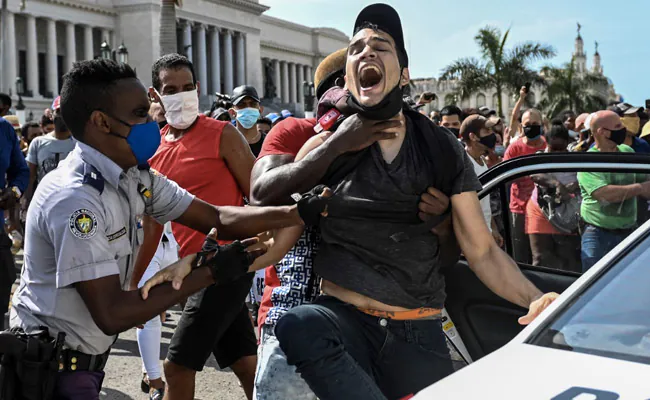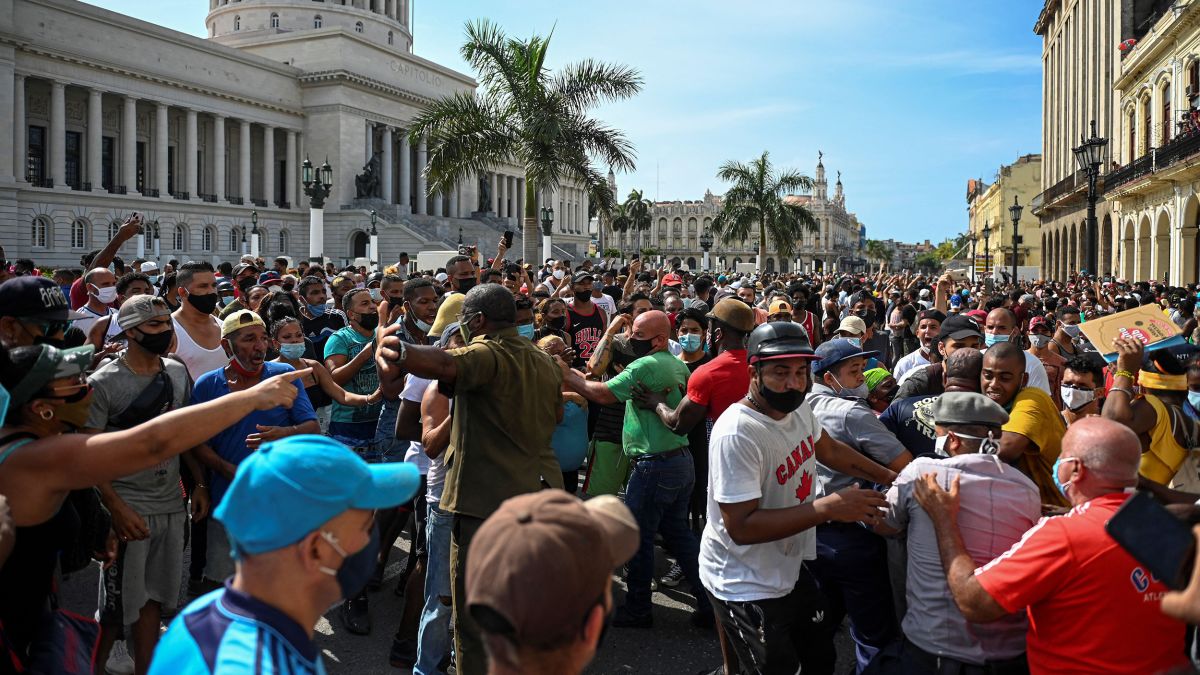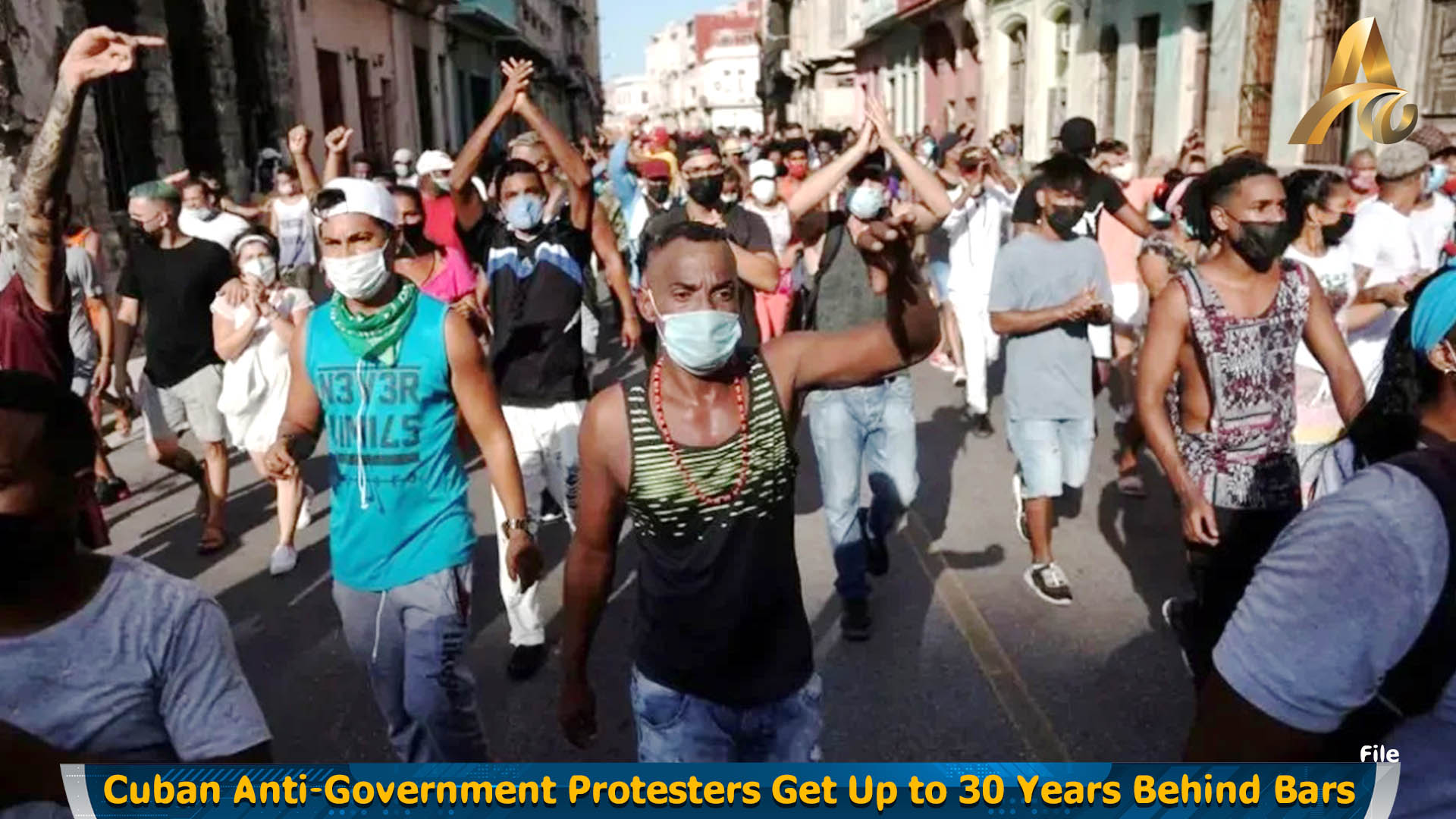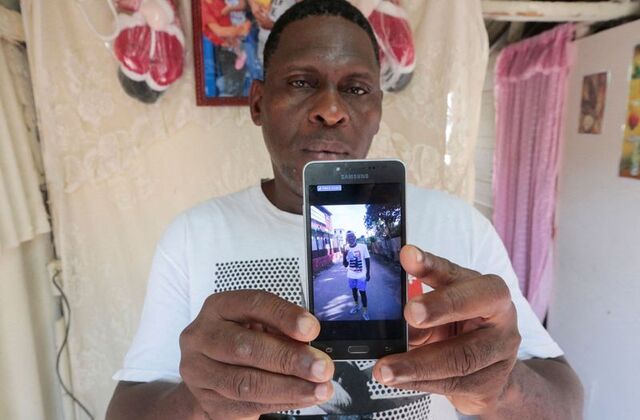INTERNATIONAL: Cuba has announced late on Wednesday, March 16, it had sentenced more than 100 protesters in Havana to between 4 and 30 years in prison for violence committed during island-wide demonstrations last year, the largest since Fidel Castro's 1959 revolution.
The Supreme Court has said in a statement that those convicted had "tried violently to subvert the constitutional order." Most were from poor, marginalized neighbourhoods of the capital Havana that were a hotbed of protests last July.
The court has also said those sentenced had received marching orders from "people both from Cuba and abroad."
The Cuban government has previously accused the United States of funding and fomenting the protests.
The July 11-12 protests saw thousands take to the streets in towns and cities nation-wide. Many chanted "freedom" as they marched, furious over shortages of food, medicine and electricity at a time when coronavirus cases had soared in Cuba.
More than 700 people across Cuba have been accused of crimes in connection with the demonstrations, including vandalism, assault against people or property, and grave public disorder, Cuban prosecutors have said.
Human rights groups, the U.S. government and the European Union have said the trials lack transparency and due process, and that long jail sentences already handed down were disproportionate with the crimes committed.
Alcide Firdo, 47, said his son, 22-year old Jaime Firdo, had been convicted to 11 years in prison for sedition, a sentence he considered too steep for the crime committed.
"It's too many years in jail just for having thrown a few rocks," said Firdo.
"What they are doing with these boys is inhuman, they are destroying a young life."
More than 30 of those tried and convicted by a lower Havana court have been sentenced to between 20 and 30 years in prison, while dozens more face between 4 and 20 years behind bars, according to the Supreme Court's statement.
Those convicted may still appeal, it has added.
The protests in Havana's poor neighbourhoods of La Esquina de Toyo and La Guinera were among the island's most violent.
Elsewhere, the rallies were largely peaceful, although state media has showed scattered incidents of looting and stone-throwing at police in cities throughout Cuba.
"They threw stones and bottles at various officials, law enforcement officers, National Revolutionary Police facilities, patrol cars. They overturned a motorcycle and cars belonging to the Municipal Assembly of People's Power and caused injuries to other people and serious material damage," the statement has said.

























